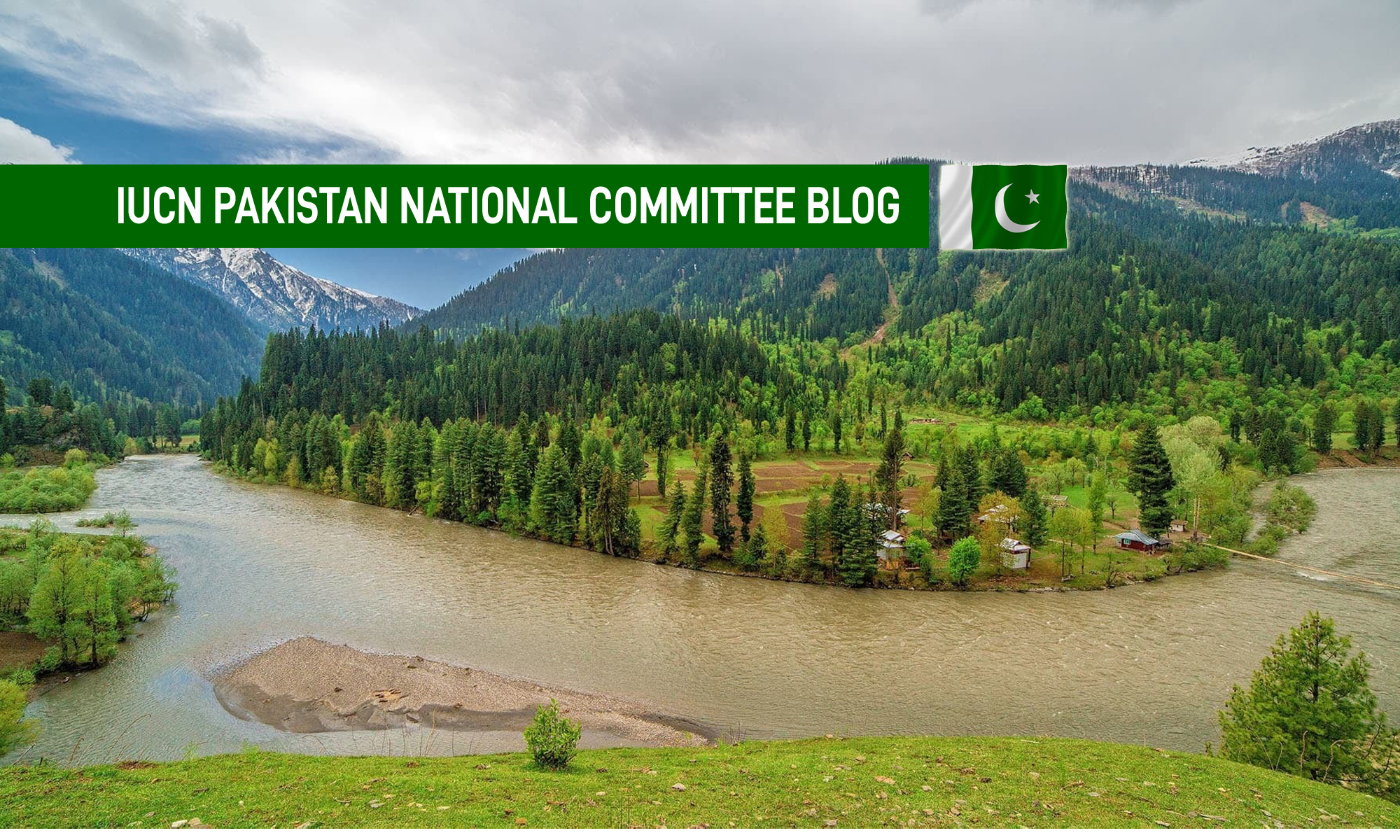An Exposure Visit was jointly organized by IUCN, International Union for Conservation of Nature and Engro Elengy Terminal Limited under the “Mangroves Ecosystem Restoration Project” funded by Engro Elengy Terminal Limited. Under this project IUCN Pakistan will plant mangroves on 500 hectares of land surrounding Port Qasim Area.
 The exposure visit was organized for the students of the Department of Geography, University of Karachi where around 60 students visited Ashan Island. The group of the students was headed by Professor Dr. Syed Jamil Kazmi and other faculty members. Officials from Engro Elengy Terminal Limited along with senior officials of IFFCO Pakistan (Private) Limited and Dalda Foods (Private) Limited joined the Students Group and IUCN Officials at the site. During the activity the students and the participants planted mangrove plants at the site.
The exposure visit was organized for the students of the Department of Geography, University of Karachi where around 60 students visited Ashan Island. The group of the students was headed by Professor Dr. Syed Jamil Kazmi and other faculty members. Officials from Engro Elengy Terminal Limited along with senior officials of IFFCO Pakistan (Private) Limited and Dalda Foods (Private) Limited joined the Students Group and IUCN Officials at the site. During the activity the students and the participants planted mangrove plants at the site.The students were briefed by IUCN Expert of Ecosystem Mr. Tahir Qureshi about the mangroves ecosystem. He said that upto the year 2000 the mangroves have been reported as a waste land in the records of the Board of Revenue, Government of Sindh, but over the period we have realized that this ecosystem has a lot of potential as the breeding group of fish, shrimps, crabs and other marine species. He stressed on the awareness raising on the importance of mangroves. He said that during Tsunami they also act as wall against surging waves.
On this occasion Chairman of the Geography Department Prof. Dr. Syed Jamil Kazmi said that purpose of the exposure visit is to impart practical knowledge to the students as how the mangroves ecosystem thrives. He further said that it is a major source of oxygen for the people of Karachi as mangrove plants produce a great amount of oxygen thus they are playing an important parts in our lives. He also pointed out that grazing of camels in the mangroves and cutting of wood for fuel are the major threats to this unique ecosystem.
Fakhir Mohammad, SHE & Training Head of Engro Elengy Terminal (Pvt) Limited welcomed the students group and other officials to the site. He encouraged the students to come forward for the conservation of mangroves. He said that this exposure visit is organized for the students to have hands on experience of the mangroves ecosystem so that they can come up with better solutions for the conservation of the mangroves. He further said that the mangroves help in reducing the impact of the winds in the water channels thus make them safe for shipping vessels and fishing boats.
Dr. Babar Hussain, NRM Expert Sea Intrusion briefed the students about the location. He said that the major dominating mangroves species in the Indus Delta are Rhizophora and Avicennia whereas 4 species of mangroves are found in the coastal areas of Pakistan.
For more information, please contact:
George Sadiq
Programme Officer
Education Communication and Outreach
Cell: 0301-2931184
E-mail: george.sadiq@iucn.org









